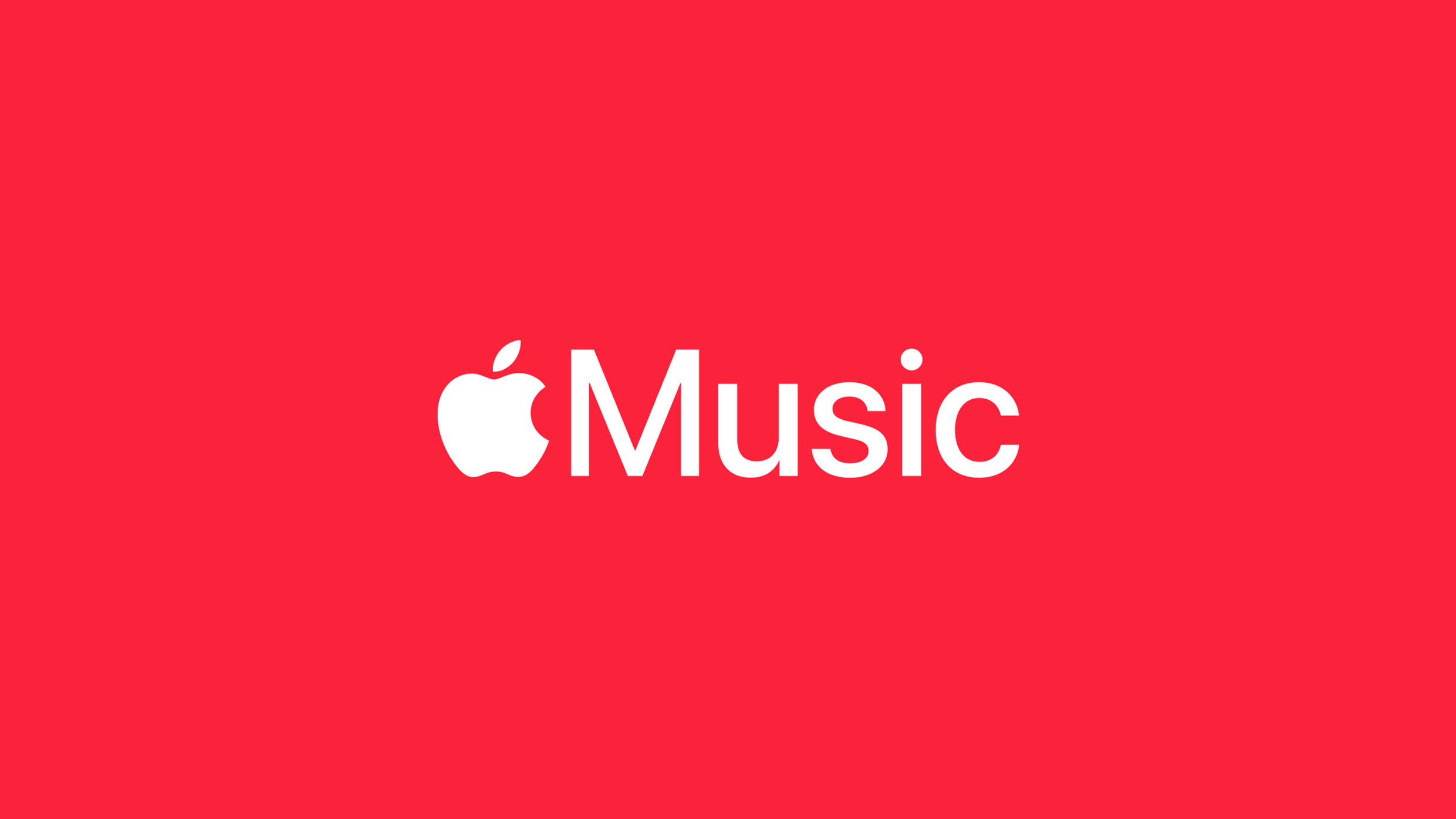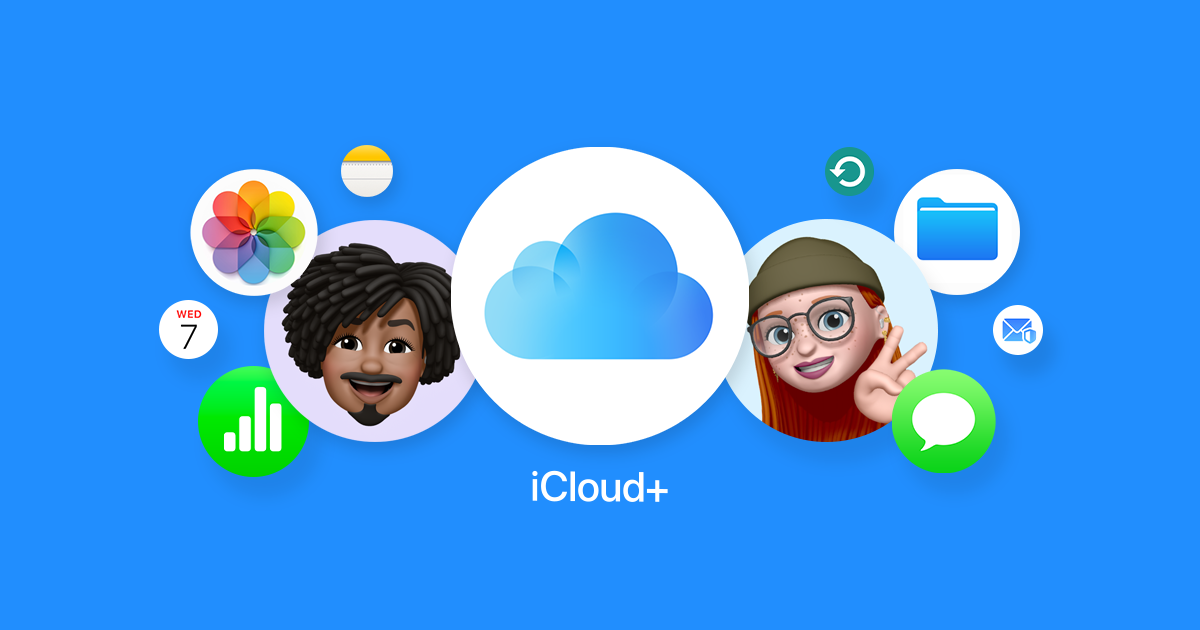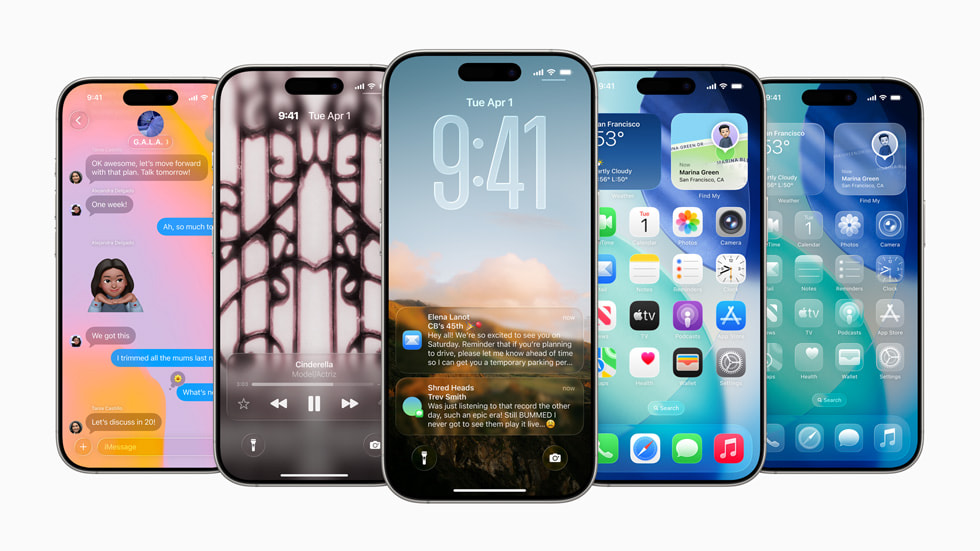Not all music streaming platforms give the same amount of money to musicians, and a recent study shows just how different these payments can be. For example, Apple Music pays artists way more than Spotify does.
The study, done by Duetti, looks at how much artists got paid in 2024 by different platforms like Apple Music, Spotify, and YouTube.
One key thing they checked was how much money artists make for every 1,000 times their song is played. Here’s what they found for 2024:
- Amazon paid $8.80 for 1,000 streams.
- Apple Music paid $6.20.
- YouTube paid $4.80.
- Spotify only paid $3.00.
This shows that Apple Music paid artists more than twice what Spotify did. One reason for Spotify’s lower payments is its free version which has lots of ads but doesn’t make much money for artists.
While Spotify has ads like YouTube, YouTube still manages to pay artists more. Apple Music, on the other hand, only has paid subscriptions, which lets them give more money to artists.
Another concerning point from the report is that even though Spotify has been increasing its prices, the money artists get from each stream has been going down. This is a bit troubling, especially since Spotify has been putting more effort into podcasts and audiobooks, possibly at the cost of music artists’ earnings.




